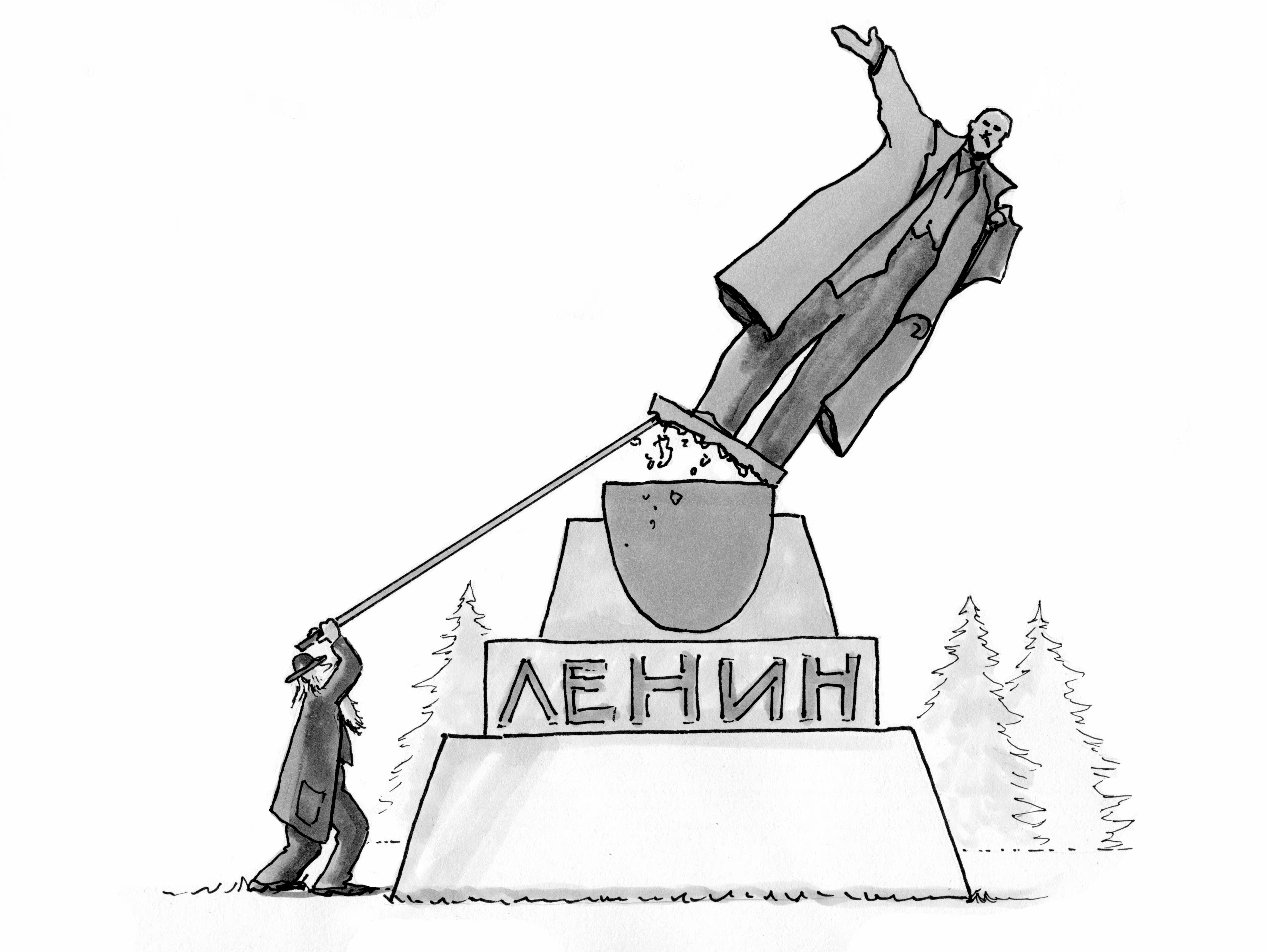Much of our way of life is built on a faulty model of human nature. Both Darwin and Adam Smith would disavow the use of their names to describe people as entirely motivated by self-interest. Both wrote a lot about morality and about how our evident “moral sense” evolved. In Chapter 3 of The Descent of Man, Darwin declared our “moral sense or conscience is by far the most important” difference between us and other species.
No scientifically accurate view of humans can ignore our social and moral natures. Intriguingly, Darwin referenced Adam Smith on sympathy and called any human lacking in social/moral inclinations an “unnatural monster.” Drawing upon an updated concept of society as an organism (see here), we can fruitfully think of what Smith called the moral sentiments as a key part of the regulatory system of cooperative groups.
Darwin knew humans can’t survive or thrive individually. Indeed the relation between people and groups is akin to that between genes and bodies. Richard Dawkins in The Selfish Gene famously defined genes and bodies as replicators and vehicles, and that concept can be extended to our survival-enabling groups (tribes/communities/cities/nations etc) that are our “extended vehicles.”
It’s clear and uncontroversial that genes generating behaviors that harm their bodies/vehicles don’t fare well. Likewise for people whose habits hurt the welfare of their groups (or extended survival-vehicles). The twist that, unlike genes, people can move to a new group/vehicle only adds to the importance of preventing or suppressing “parasitic” group-harming behaviors.
That’s precisely what a well-configured moral psychology does. It prevents or suppresses self-serving group-damaging traits. And as the authors’ of the Federalist Papers knew “social physiologies,” or UNIONS, that don’t limit that specific sort of self-interest aren’t fit to survive for long (they’ll be exploited and abandoned).
This logic, regularly rediscovered by evolution, sets hard limits on the idea that it’s natural and rational for humans to be self-interested. Any “self-interest rightly understood” (to use Tocqueville’s phrase) must maintain nested viable vehicles (from the local community right on up to the globe).
As Darwin put it, the “moral sense is identical with social instincts” and it would be absurd to speak of these as developed from selfishness. Evolution has shaped individual organisms as “vehicles” of selection, so that most gene “selfishness” takes the form of cooperation (within bodies/vehicles). We’ll explain in another essay more about the confusion over evolution being all about “selfishness” vs cooperation.
Sadly Darwin was too optimistic in declaring there was no cause to “fear that social instincts will become weaker.” Worse yet, his own name is now used to describe precisely that weakening. Mislabeled “Darwinian” forms of unregulated individualism threaten our way of life (and our planetary vehicle).
Image: “Smith and Darwin” by Julia Suits













